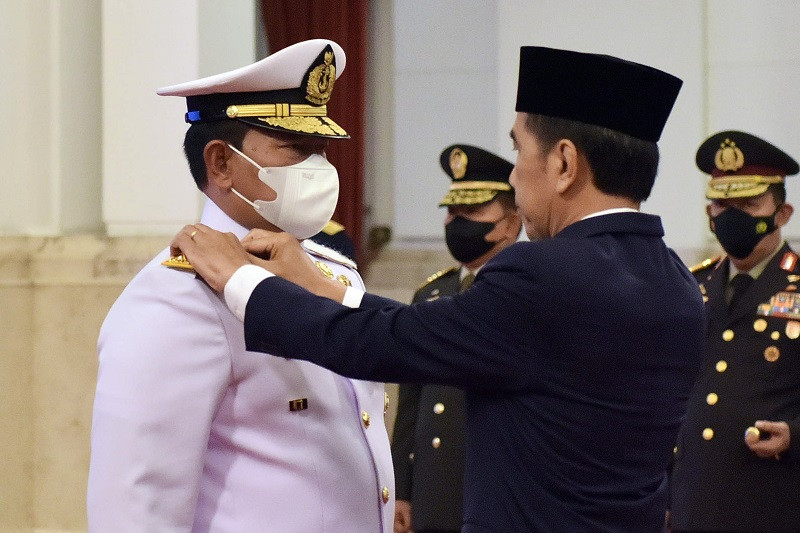 In the business world, the term spin-off means releasing a subsidiary or business unit from its parent to become an independent business entity. A common reason for spin-offs is so that companies can concentrate on certain business fields, so that all resources and capital can be more aligned with the company’s strategy. Businesses need to focus on areas that become their expertise (core competency) in order to be efficient and achieve economical production volume of goods or services.
In the business world, the term spin-off means releasing a subsidiary or business unit from its parent to become an independent business entity. A common reason for spin-offs is so that companies can concentrate on certain business fields, so that all resources and capital can be more aligned with the company’s strategy. Businesses need to focus on areas that become their expertise (core competency) in order to be efficient and achieve economical production volume of goods or services.
In Indonesia, in the last decade there have been many spin-offs in the banking and financial services world due to the growth of sharia-based business segments. Sharia banks cannot be combined with conventional banks, so banks that have sharia units must release them into separate legal entities. In general, conventional banks have been established first and only then enter the sharia business segment, so what is experiencing a spin-off is the sharia unit.
A further consequence is that many Islamic banks have to build their corporate functions from scratch, including corporate communication functions. Kiroyan Partners once assisted a sharia bank client who experienced this fate, namely having to build a completely new corporate communication unit.
Client assistance in building this corporate communication function lasts for a year. The scope of work is also broad, including the education and training of corporate communications executives, as well as directors. We help develop communication strategies to applicable aspects such as media relations, media handling training and media visits, as well as socialization to the media about Islamic banking. The activity was continued with regular media gatherings, ethical and targeted placement of byline articles in the context of socialization and opinion formation, and media monitoring.
In carrying out assistance, we emphasize the importance of maintaining ethics in all corporate communication activities. What’s interesting is when our clients have “graduated” in terms of mentoring is complete. When they held their first independent press conference, they asked if it was necessary to provide ‘envelopes’ for journalists. All we return to the training that has been given so far. It turned out that even though they didn’t give an envelope, their news was positive.
In every media handling training we always specifically emphasize clients not to give ‘envelopes’ to journalists. Not only is this against ethics, but the mainstream media also prohibits journalists from receiving compensation for coverage. Our impression is that many companies still think that positive reporting can only be achieved by paying journalists. This culture is deeply rooted in corporate circles and a concerted effort is needed between companies, government agencies and the press in correcting this perception.
Noke Kiroyan
Chairman & Chief Consultant, Kiroyan Partners
This article has been published in PR Indonesia magazine 45th Edtion, issued on December 2018, page 59.
Download the clipping here.



